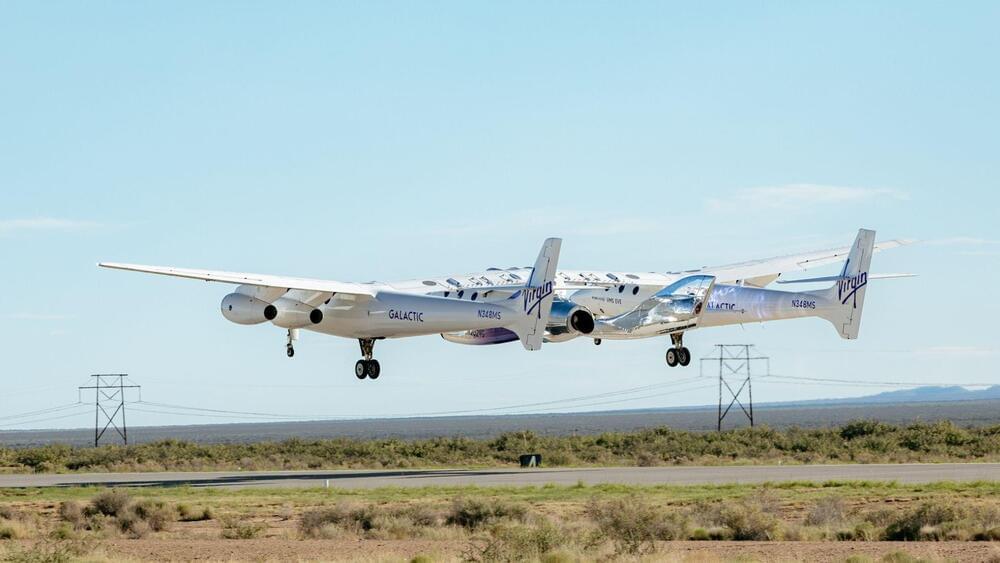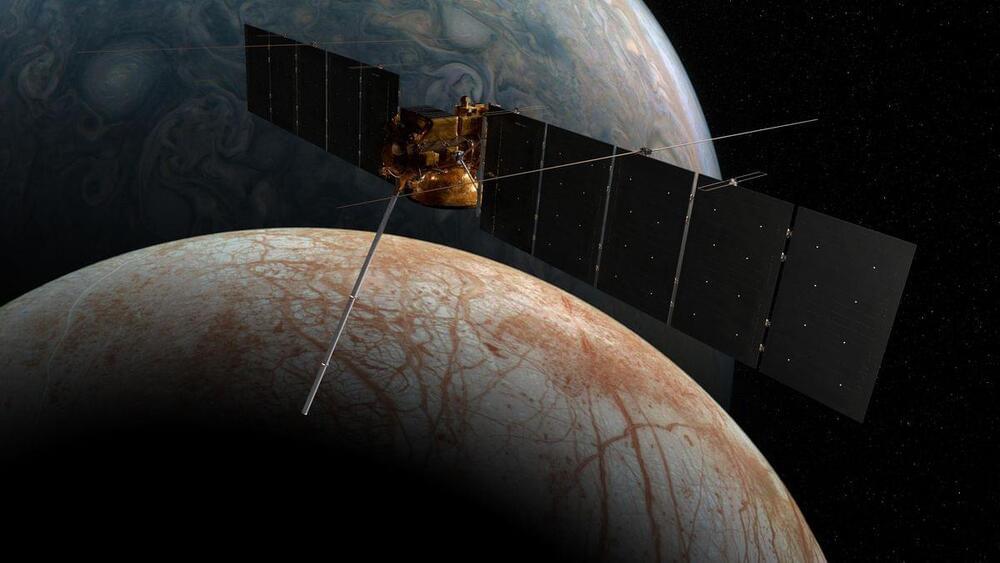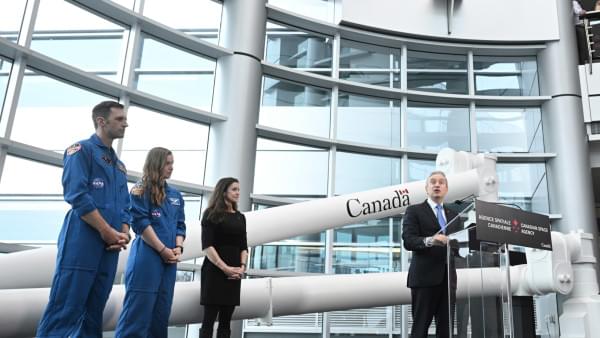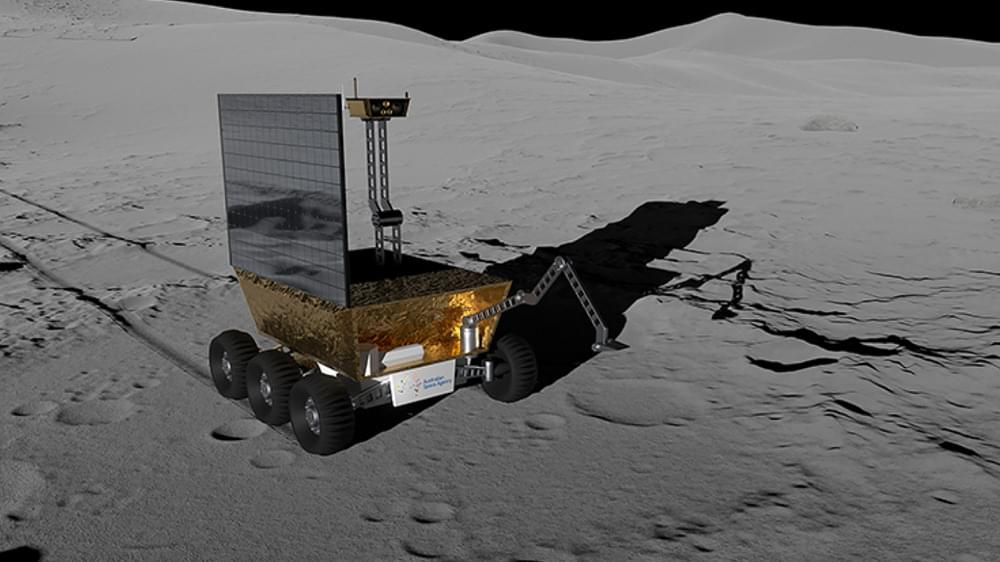Auteur: Dr.Nonthapat PULSIRI (La Chaire SIRIUS, France), sous la direction de Dr.Victor DOS SANTOS PAULINO (La Chaire SIRIUS, France)
Langue française vérifiée par MM. Julia GOUT, Institut Catholique de Toulouse
Remarque: Cet article est publié par “Tota Pulchra” au Vatican
Lien: https://totapulchra.news/art-chretien-exploration-spatiale/
———-
L’être humain est fascinant car il évolue au sein de la société. Cette évolution implique la croyance, la capacité d’adaptation, la résilience et la faculté de croître. De plus, une société bienveillante encouragera également le développement durable en contribuant à la construction de la civilisation et à la paix. Pendant ce temps, l’art est parallèlement en correspondance avec la civilisation humaine puisqu’il reflète et façonne les aspects culturels, sociaux et historiques des sociétés humaines à travers l’histoire.
Cependant, l’art est considéré comme une forme d’amour et de passion, à travers laquelle les artistes s’engagent dans la communication, exprimant leurs idées et perspectives qui résonnent avec leur état d’esprit du moment. Il illumine la progression de la civilisation humaine. Les origines des arts humains, particulièrement les peintures rupestres, remontent à l’époque préhistorique. Ces créations étaient profondément associées aux modes de vie, aux cultures et aux civilisations de cette époque. Parmi les exemples très connus sont inclus la grotte Chauvet en France, la grotte El Castillo en Espagne et la grotte de Bhimbetka en Inde (Fig. 1).
Fig 1: Grotte Chauvet — France (gauche), grotte El Castillo — Espagne (centre), et grotte de Bhimbetka — Inde (droite) / Sources: Ministère de la Culture de France, Science, Wikimedia commons
De plus, les récits théologiques et culturels du christianisme ont contribué à une variété de peintures chrétiennes captivantes, allant de l’art chrétien primitif jusqu’à nos jours. La période de l’art chrétien primitif (IIe au IVe siècle) a prospéré dans les catacombes de Rome et d’autres sites funéraires. Ces peintures-là étaient principalement symboliques et représentaient des scènes dans l’histoire de l’Ancien et du Nouveau Testament. Les peintres se concentraient également sur l’expression de la confiance et de l’espoir de manière discrète au milieu des défis de la persécution et de la mortalité. Ainsi, ces peintures vont au-delà de la simple imagination car elles agissent comme des moyens de communication pour les croyants, leur permettant de se consacrer et de professer leur confiance dans le christianisme. Les scènes peintes présentent aussi la vie de Jésus Christ, comme la nativité, l’enseignement, la crucifixion et la résurrection.
Fig 2. L’art chrétien primitif « Jésus Christ et les Apôtres » à Rome / Source: Wikimedia commons
Après cette période-là, le christianisme s’est tourné vers l’art byzantin (du IVe au XVe siècle) avec l’établissement du christianisme byzantin dans l’Empire Romain d’Orient. Un nouveau style artistique est apparu sous la forme de perspective plate et abstraite, avec des arrière-plans richement ornés et une utilisation extensive de feuilles d’or et de mosaïques pour transmettre les récits. Dans l’ensemble, les peintures influencées par le style byzantin dans le christianisme ne se limitent pas à l’esthétique, puisqu’elles englobent pareillement une connexion spirituelle avec Jésus Christ, la Vierge Marie et les saints, comme illustré sur Fig. 3.




